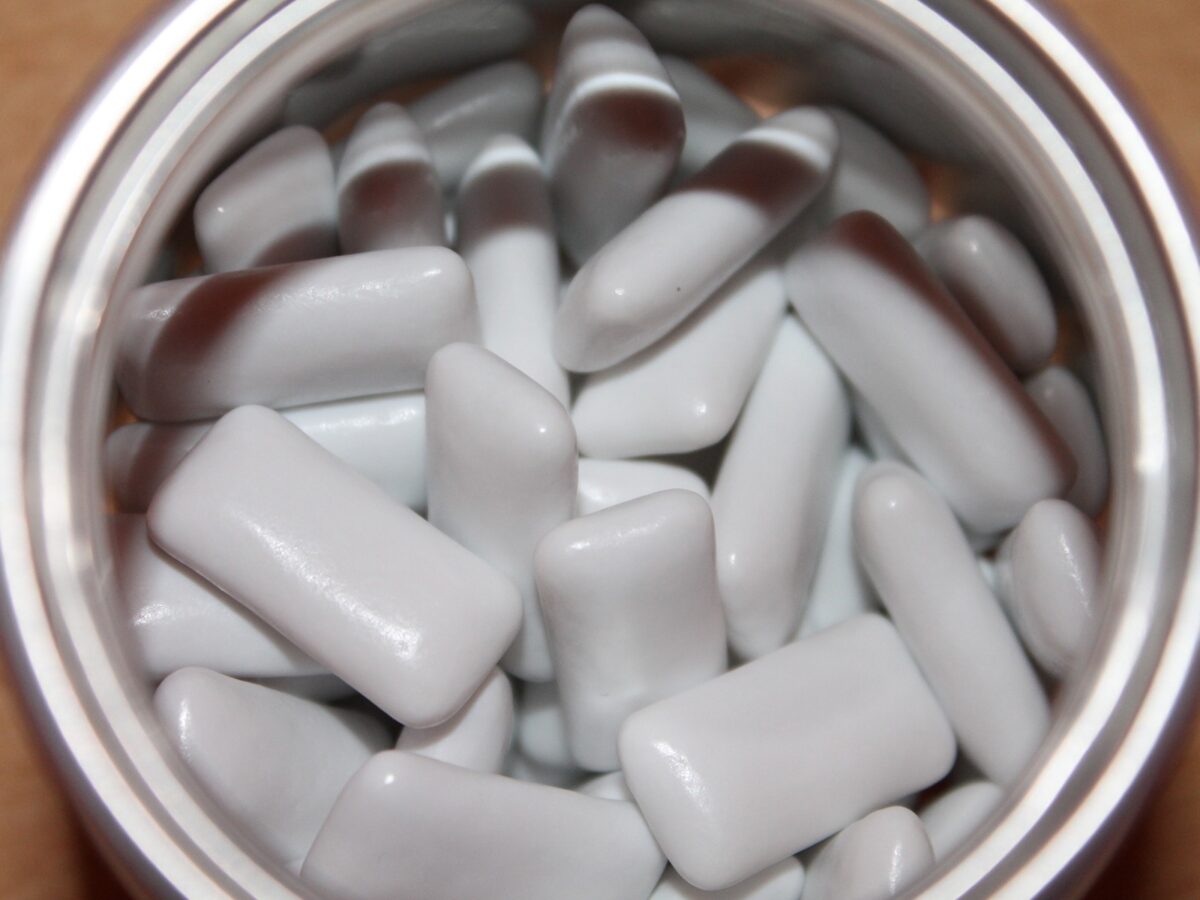Blog
Dental hygiene tips for healthy teeth & gums

Is Chewing Gum Good for Dental Health?
Chewing gum can have positive or negative impacts on your health, depending on who you ask. As a result, chewing gum serves as an imperfect combination of health benefits for your teeth and overall health. Getting to the bottom of this important question, we will need to understand how chewing gum affects both your mouth and your entire body.
Chewing Gum Ingredients: Are They Safe?
Gums are generally considered safe to chew. A chewing gum can contain some ingredients that are controversial. However, some brands contain only a small amount. There are still many cases where the quantities are much lower than those considered to harm.
Chewing gum has the following effects:
- Artificial sweeteners most commonly found in chewing gum have a negative impact on health whether or not the gum contains sugar.
- According to a 2013 research study on eating habits, chewing gum reduces the consumption of healthy foods like vegetables and fruits and increases consumption of unhealthy foods like potato chips and candy. Tooth decay can result from eating less healthy foods.
- By chewing gum, mercury amalgam fillings can be released.
- The chewing of sugar-sweetened gum can also cause tooth decay and erosion. You are essentially soaking your gums and teeth in a bath of sugar when you chew sugar-sweetened gum for a prolonged period of time.
Dental health benefits of chewing gum
It has been proved that sugar-free gum can help prevent caries; however other benefits to oral health are less clear. By chewing sugar-free chewing gum, you can stimulate the flow of saliva, which is good for your teeth in many ways.
- Sugars are more rapidly cleared from the body when the flow rate is higher.
- As a result of saliva’s high pH and buffering capacity, plaque pH is neutralized after a sugar challenge.
- Studies have shown that chewing sugar-free gum enhances the remineralization of early caries-like lesions as well as reducing the incidence of caries in kids.
What’s the deal with sugar-free gum?
It is helpful for parents to share this tip with their children and teens, as they often chew gum. It would be best if you only let them choose sugarless gum instead of sugary bubble gum, which can have the reverse effect and build up plaque. Many types of sugarless gums bear the American Dental Association seal of approval on their packaging. When buying gum for yourself or your family, look for the seal in case you are unsure about which gums promote oral health best.
It’s important to remember (and to remind children) that gum-chewing is not an alternative to a regular oral hygiene routine of twice-daily brushing and proper flossing using quality dental products.
Chewing gum comes in many varieties, including sugary, sweet candies. Rather than reaching for an indulgent packet of gum that could damage your teeth, be sure to read the package and look for one that is sugar-free and contains ingredients that can help fight plaque and tooth decay. It will be beneficial to your teeth.


